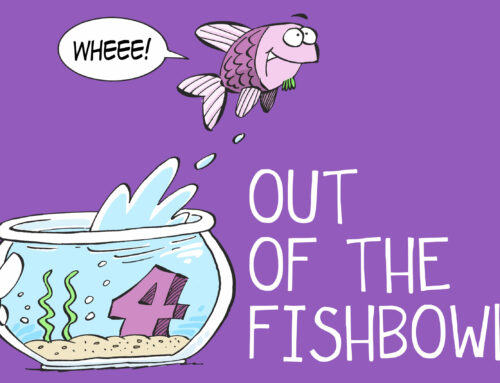A friend of mine connected me to Eve Thompson, who, among other things, is the author of the book ‘Leading Women of Africa’. When i heard how the book had come about, due to a lack of black women being mentioned in educational materials, i was very excited to connect with Eve and hear a little more of her story and she has graciously shared it here…

Leading Women of Africa
Hi. My name is Eve. A funny thing happened on my way to starting an African women’s dialogue project here in South Africa. I wanted to bring a bit of the rest of Africa to South Africa, a country still so deeply affected by years of isolation that its relationship with the rest of the continent rests a bit uneasy. As an American who has lived in South Africa as well as Central and West Africa, I decided to appoint myself as bridging ambassador between this unique rainbow nation and its more traditionally African neighbors to the North.
Much planning had gone into the first in a series of dialogues featuring prominent African women. That first session featuring Dr. Joyce Banda, the former president of Malawi was held at the end of February 2020. Anyone who is interested can watch that two hour dialogue (the first hour is her presentation of her life and her dramatic story about how she ascended to the presidency and the second hour is questions) at this link. Joyce Banda in Conversation. Especially recommended is the part of the video where she tells her story. But I digress. I had already lined up my second speaker – Eve Bazaiba, the current Environment Minister of DR Congo who has over 520K followers on twitter and who was very keen to come.
But the funny thing that happened was the funny thing that interrupted all of our big plans for 2020 and beyond. We got LOCKED DOWN!!!! 10 days after I saw Dr. Banda off at the airport in Port Elizabeth, we were confined to our homes with our two daughters struggling to readjust to homeschooling. Although perhaps it was an even worse adjustment for the adults. But as I became more involved and acquainted with what these two girls were being assigned at their respective fancy private schools, I was horrified. The learning was not only Eurocentric but hopelessly exogenous! While I have nothing against Ben Franklin and his potential to serve as a source of inspiration, I question his relevance in this regard to young black girls growing up in South Africa. If the story of Ben Franklin had been part of a broader, more diverse and inclusive portfolio of comprehension reading material, I would have found his inclusion far more acceptable. But alas, other readers similarly featured dead, white, American men like Thomas Edison and the Wright brothers. The only story about an African was the gardener who helped Christian Barnard with his heart surgery who despite the substantial elevation of his responsibilities continued to earn a gardener’s salary! Is this all they could find????? Mon dieu!!!!
So the convergence of the abrupt end to my African women’s dialogue series and the discovery of a curriculum completely devoid of anything African and anything women led me to unexpected authorship. I was now inspired to tap into my women’s network around the Continent and do what I could to rectify this scandalous omission. It suddenly dawned on me as an international development specialist that the preoccupation with equity in education in Africa is focused more on getting girls into school rather than bothering about what they read when they get there. So I realized I already had material with the Banda dialogue but then I identified 12 additional women with whom interviews were conducted via Zoom by young women I had recruited for this purpose in order to promote intergenerational connections.
I was also validated in my quest to fill the void on educational content featuring women when I came across this video link featuring the former president of Mauritius who opines eloquently on how underrepresented women role models are in educational material used to educate African children. HE Dr. Ameenah Gurib-Fakim (this aspect of her discourse starts at roughly the 10th minute of the video).

A Book was Born
So the result is a book now available on Amazon called ‘Leading Women of Africa’ obtainable at this link Leading Women of Africa book. While the women featured in the book were chosen randomly based on availability, many of the issues that young girls face in Africa and elsewhere are reflected in some of the stories – like dealing with the stigma of illegitimacy, body shaming, color discrimination against dark skin, shyness and gender discrimination within families and in the workplace. These are issues with which girls and boys should be engaging within a presumed safe environment like school so that if they are dealing with these issues, they can feel less isolated. The readers feature both comprehension and discussion questions. The latter questions help to facilitate discussion on these difficult issues.
So that’s my odyssey towards becoming an accidental author. I would love to hear from anyone about your experiences with Africa relevant material in schools. You can contact me at firstwoman7@icloud.com

= = = = = = = = = = = = = = =
Thank you so much, Eve, both for creating this incredible resource, but also for being willing to share your story with us here. Hopefully this inspires many more of us to seek out stories and do the work of interrogating our own histories and contexts. May the stories that you have shared of these women inspire countless young girls and boys as they read about them and seek to know more.







Leave a Reply